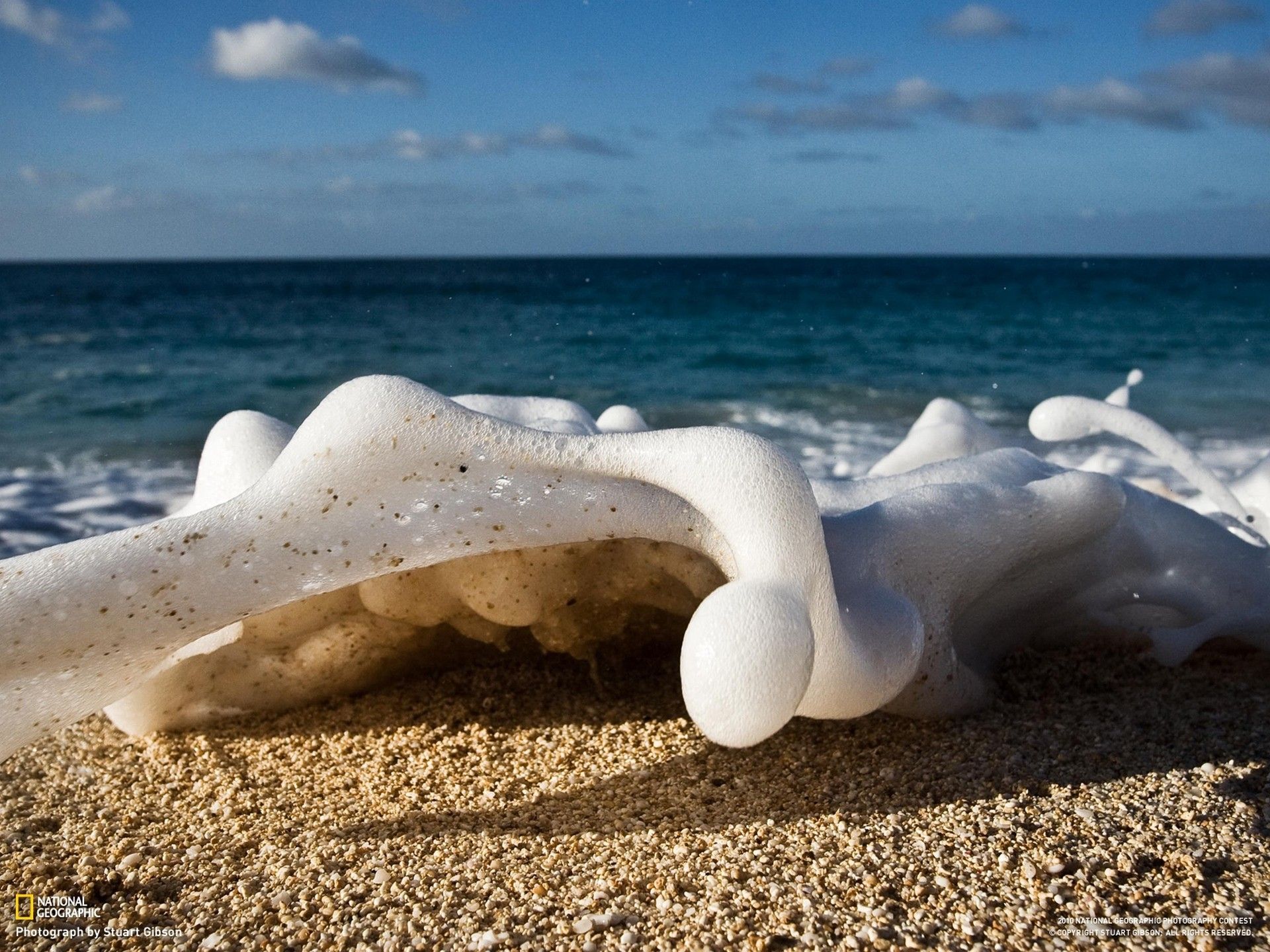Sustainable San Diego Landscaping
Our world matters
Creating a sustainable landscape, ocean-friendly design, or organic garden involves a few simple steps that will go a long way. Sustainability is about making greener choices that have a positive impact on the environment. The best way to develop a green landscape is to start by working with nature and embrace what you have. The climate where you live and surface features of your property will have an affect on plant life. “Going Green” is implemented by minimizing waste, conserving water, recycling yard trimmings, creating a compost pile, avoiding pesticides, and using organic products.
Urban Landcare - Full-Service Landscape Maintenance Firm
We are here to help you implement your plan to “Go Green” and educate you along the way. We strive to design and maintain our landscapes through efficient practices with organic results. Creating Eco-Friendly Gardens is our passion and includes carefully selecting appropriate plant materials for each specific location. Plants used in Eco-Friendly Gardens include: agave, yucca, aloe, aeonium, crassula, echeveria, euphorbia, kalanchoes, lanvendar, and native ornamental grasses.
- Commit to the care and preservation of our natural resources.
- Pull Weeds: Leave the chemical sprayer in the truck and get dirty with a hand pick. This will avoid harmful chemicals getting into our waterways.
- Adopt an Integrated Pest Management System: Use pest controls that rely on biological, cultural, physical, mechanical, and educational methods while minimizing the use of pesticides.
- Reduce Storm Run-off: Direct roof downspouts to lawn or planter areas.
- Create a Compost Pile: Gather all organic materials to be converted into fertilizer.
- Replace Needy Plants: Switch to native plants or succulents, which use less water.
- Grasscycle Turf Areas: Use mulching mowers that leave the grass clippings on the lawn when mowing. Grass clippings will decompose quickly and release valuable nutrients back into the soil. This will reduce water and fertilizer usage and green waste generation.
- Replace gas-powered equipment with electric or hand tools.
- Conduct an irrigation audit.
- Optimize landscape designs to enhance sustainable features.
DID YOU KNOW?
Urban runoff from gardens and hard surfaces is the #1 source of ocean pollution. In that runoff are pollutants such as:
- Pesticides, herbicides, synthetic fertilizers and sediment.
- Automobile engine oil, exhaust and brake pad dust as well as exhaust from utilities.
- Bacteria from animals (Don’t forget to clean up after your pets)

